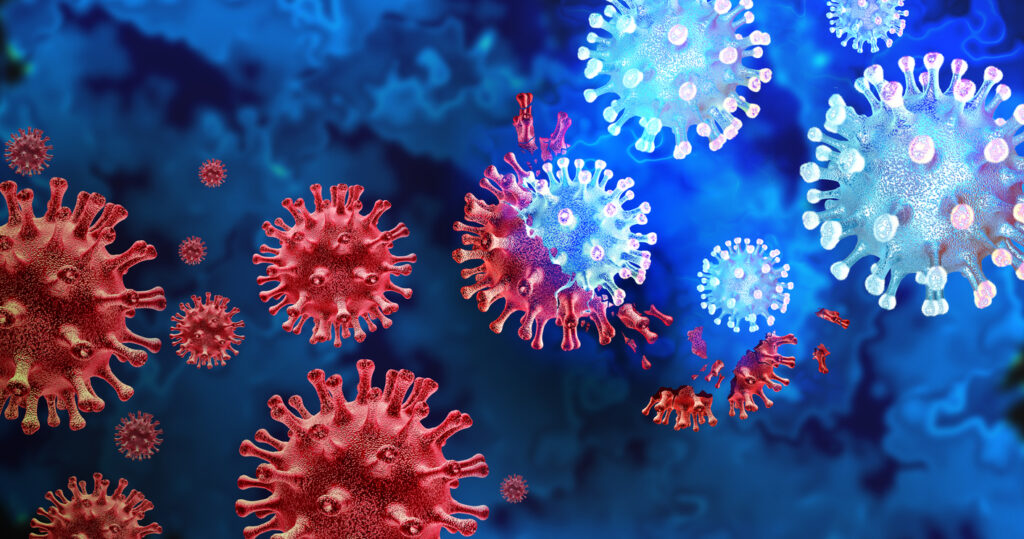Is COVID-19 a risk factor for autoimmune skin disease?
Maybe, according to a new retrospective cohort study with an extended follow-up period that appears in JAMA Dermatology.
COVID-19 was linked to the long-term risk of various autoimmune and autoinflammatory connective tissue disorders, including alopecia areata, alopecia totalis, vitiligo, Behçet disease, Crohn’s disease, ulcerative colitis, rheumatoid arthritis, systemic lupus erythematosus, Sjögren syndrome, ankylosing spondylitis, and bullous pemphigoid.
Exactly how COVID-19 affects the risk of autoimmune and autoinflammatory outcomes is not fully understood, but the researchers do have their theories. COVID-19 has been associated with significantly elevated levels of proinflammatory cytokines and chemokines.” Moreover, levels of certain cytokines, including interleukin (IL) 1, IL-6, IL-10, and IL-18, have been associated with disease severity,” they write. “Therefore, the cytokine storm and immune dysregulation following COVID-19 infection may play a role in the pathogenesis of autoimmune diseases.”
The study included 3 145 388 individuals with confirmed COVID-19 from Oct. 8, 2020, to Dec. 31, 2022, and 3 767 039 controls identified among individuals who participated in the general health examination 2018. Participants were observed for more than 180 days.
Demographic factors, including male and female sex, age younger than 40 years, and age 40 years and older, exhibited diverse associations with the risk of autoimmune and autoinflammatory outcomes. In addition, severe COVID-19 infection requiring intensive care unit admission, the Delta period, and not being vaccinated were associated with higher risk for autoimmune and autoinflammatory connective tissue disorder, the study showed.
The bottom line? “Long-term monitoring and care of patients is crucial after COVID-19, considering demographic factors,” the study authors conclude.
The new study has important implications for dermatology and the broader medical community, according to an accompanying editorial.
“These findings suggest that interventions that reduce disease severity could also potentially reduce the long-term risk of subsequent autoimmune sequelae,” they wrote.
Future SARS-CoV2 variants may pose an even greater risk for the development of autoimmune disease. “We should all remain vigilant to the complex interplay between infection and autoimmune disease as SARS-CoV-2 continues to mutate.”


